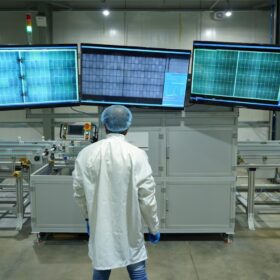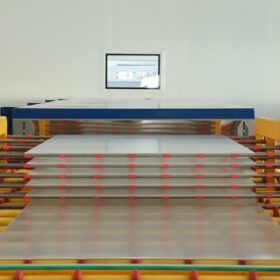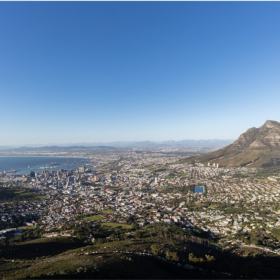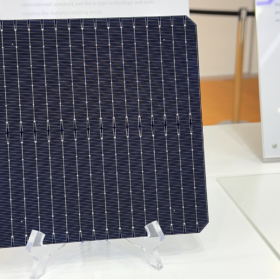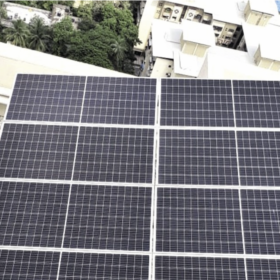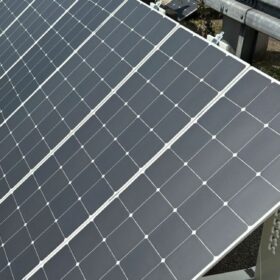India reaches 63 GW of annual PV module manufacturing capacity
India has reached an annual PV module manufacturing capacity of about 63 GW, according to the Ministry of New and Renewable Energy’s Approved List of Models and Manufacturers (ALMM).
Germany concludes rooftop PV tender with average price of €0.0904/kWh
The German authorities have selected 119 MW projects totaling 259 MW in the nation’s latest rooftop PV tender. The final prices ranged from €0.0745 ($0.0787)/kWh to €0.0969/kWh.
India imposes antidumping duties on solar glass from China, Vietnam
India’s Ministry of Finance has applied antidumping duties on solar glass imports from China in the range of $673 to $677 per metric ton and for imports from Vietnam at $565 per metric ton.
South African battery storage procurement draws 33 bids
The list of preferred bidders for the third window of South Africa’s Battery Energy Storage Independent Power Producers Procurement Program (BESIPPPP) will be announced in February 2025.
Germany could deploy 10 million heat pumps by 2030
Scientists have used open-source models to simulate heat pump rollout scenarios for the year 2030. Additional investments of around 54 GW to 57 GW of solar PV capacity in a least-cost solution would allow the installation of 10 million heat pumps by the end of the decade.
US starts solar cell manufacturing to close supply chain gap
The “US Solar Market Insight Q4 2024” report, published by the Solar Energy Industries Association (SEIA) and Wood Mackenzie, states that domestic module manufacturing will be able to match the rapid pace of growth in the US solar industry, with cell production also ramping up.
Gujarat leads India with 46% of rooftop PV installations under subsidy scheme
The state of Gujarat leads India in residential rooftop solar adoption, accounting for 46% of the 616,019 systems installed nationwide under the PM-Surya Ghar: Muft Bijli Yojana initiative as of Nov. 21, 2024.
European Commission opens second hydrogen auction
The European Commission’s second hydrogen auction allocates €1.2 billion ($1.3 billion) for projects supporting renewable hydrogen production, with €200 million earmarked for projects with off-takers in the maritime sector. Bidding is open until Feb. 20, 2025.
ADB commissions 500 kW solar project with 2 MWh of storage in Tuvalu
The Asian Development Bank (ADB) has commissioned a 500 kW solar rooftop project in Tuvalu’s capital, Funafuti, along with a 2 MWh battery energy storage system (BESS).
British Columbia offers funding for First Nations renewables
The Canadian province of British Columbia has allocated CAD 7.7 million ($5.5 million) to projects in seven communities, including a 3.8 MW solar farm, energy storage, and a pre-feasibility study on hydrogen production.
